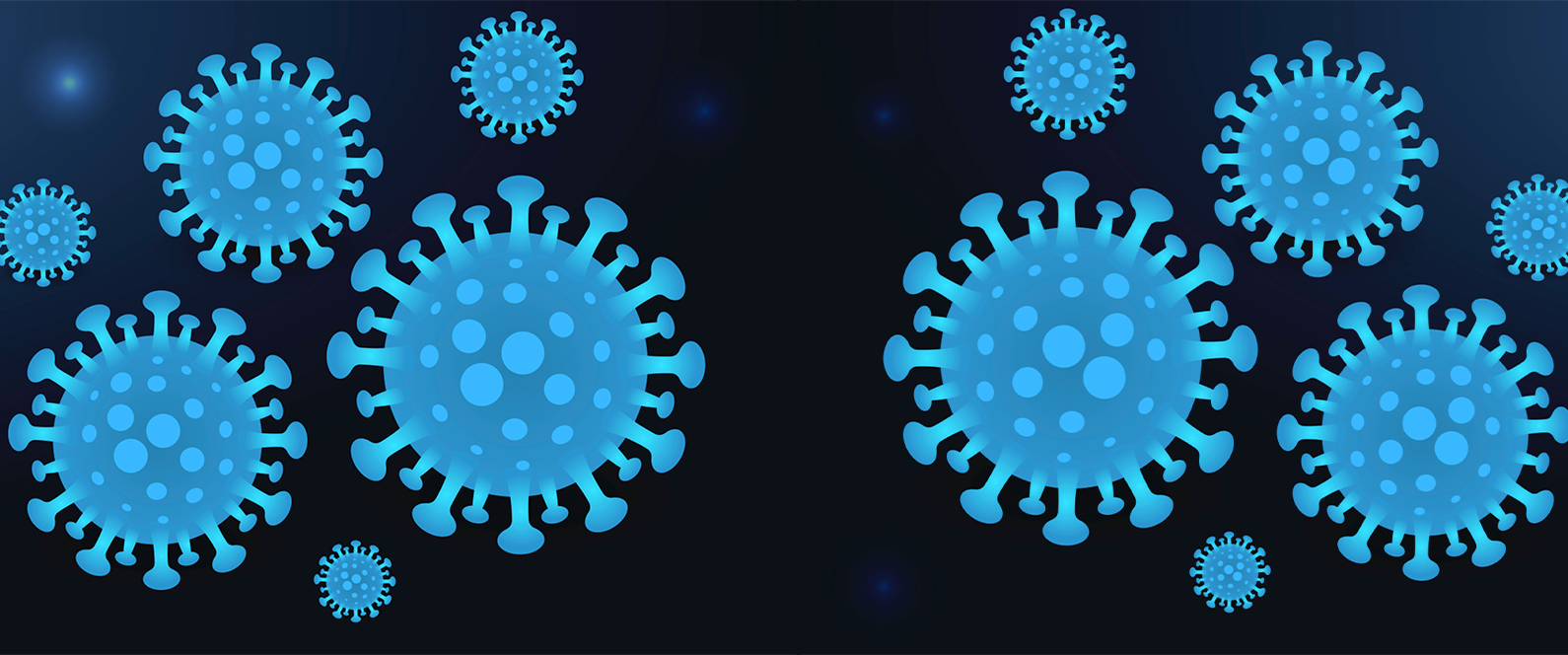A Recap: SARS-CoV-2 & COVID-19
 Let’s remind ourselves of what we know about the virus and the COVID-19 disease
Let’s remind ourselves of what we know about the virus and the COVID-19 disease
SARS-CoV-2 is a new coronavirus, and we are still learning about it. Let’s remind ourselves of what we know about the virus and the COVID-19 disease.
Virus transmission
The virus is transmitted from person to person through small droplets from the nose or mouth which are spread when a person with COVID-19 coughs, sneezes or speaks. These droplets can also land on objects and surfaces. Touching these objects or surfaces, followed by contact with eyes, nose, or mouth can also result in infection. Infected people in all age groups can transmit the virus to other people, even if they have mild or no symptoms.
Groups at higher risk from severe COVID-19 disease
Older persons (over 60 years) and persons with pre-existing medical conditions, like high blood pressure, heart disease, lung disease, cancer or diabetes, have a higher risk of developing severe COVID-19 disease. Evidence to date suggests that children and adolescents are less likely to get severe disease.

Following guidelines for the prevention of COVID-19
With relaxation of lockdown and movement restrictions, we must continue to follow Qatar’s guidelines on COVID-19 preventive measures specific to various contexts. Together we have the power to make the right choices to save lives and fight the COVID-19 pandemic. By following the recommended preventive measures, you reduce your chance of becoming infected or spreading COVID-19.
It is also important to explain to the family and friends in your circle how important it is that they protect themselves and others by washing hands, avoiding touching the face, always coughing or sneezing into the elbow, sleeve, or a tissue, and cooperating with physical distancing measures and movement restrictions as appropriate.

Medications for chronic or non-chronic health conditions
It is important to continue with any medication you may be using for chronic and other conditions, such as asthma or diabetes, and to attend recommended health check-ups. Check with your healthcare provider if these check-ups should be done differently during COVID-19. Some services, such as counseling, may be available remotely.
Routine vaccination
Decisions to continue routine vaccination services are made by the Qatar health authorities. It is important to get the required vaccines as appropriate for your age. The flu vaccine is highly recommended during this season and is available for free for all Qatar residents at Primary Health Care Corporation (PHCC) health centers.

Reopening of schools
The decision to reopen schools is based on careful assessment of the COVID-19 situation, with consensus among all the key parties involved, including the health and education policymakers, teachers and other school staff, parents and health and community workers. In addition, the reopening of schools is carefully planned and prepared, with all necessary measures in place to protect the safety and health of everyone in the school community. Therefore, if your school has reopened, you should feel assured that this means it is safe for you to go back to school. You must strictly follow the guidelines and rules implemented by the school.
The end of the COVID-19 pandemic
We do not know when the pandemic will end, but we know that it depends on individual contributions to help stop the transmission of the virus. The sacrifices you have made by not seeing your family and friends and by giving up other social activities are your contribution to fight the pandemic. By putting societies and economies on hold, we have reduced the ability of the virus to spread through our communities. These preventive measures have helped to limit some of the short-term impacts of the virus, and bought us time to translate what we have learned about the virus into solutions so that we can get back to a more familiar way of living. We must continue to practice these measures and to encourage our family and friends to do the same.
Source: World Health Organization | Ministry of Public Health, Qatar
Contributors: Dr. Sonia Chaabane, Dr. Sohaila Cheema, and Dr. Sathyanarayanan Doraiswamy
Editing: Mr. John Hayward